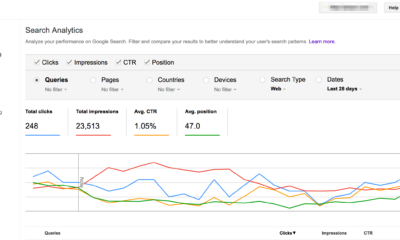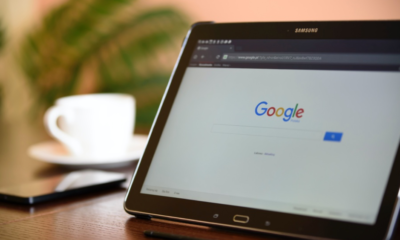News
OpenAI CEO says being polite to ChatGPT costs ‘tens of millions of dollars’

In an age where politeness extends even to machines, good manners may come with a price tag. OpenAI CEO Sam Altman revealed last week that users being courteous to AI tools like ChatGPT has cost the company “tens of millions of dollars” in energy expenses just from users saying “please” and “thank you.”
Altman’s remarks came in response to a question posed on X (formerly Twitter), where a user asked how much electricity had been consumed as a result of people showing etiquette in their AI interactions. Altman acknowledged the cost, but suggested it was worth it, adding: “Tens of millions of dollars well spent–you never know.”
Generative AI models, such as ChatGPT, are known to consume substantial computing power, especially during training phases and high-volume usage. Every input a user sends, even the seemingly insignificant pleasantries, requires energy to process, making politeness surprisingly costly at scale.
This revelation comes as industry leaders begin to openly discuss the subtle dynamics of human-AI interactions. Kurtis Beavers, a design director at Microsoft working on Copilot, noted in a recent Microsoft WorkLab memo that etiquette in AI prompts plays a role in shaping responses. “Using basic etiquette when interacting with AI helps generate respectful, collaborative outputs,” Beavers wrote. He emphasized that the tone and clarity of user prompts often influence the professionalism and performance of AI replies.
Interestingly, users’ motivations for being polite to AI are not purely rooted in kindness. According to a December 2024 survey by Future, the publisher behind TechRadar, a significant portion of AI users in both the U.S. and U.K. reported maintaining politeness out of apprehension. In the U.K., 71% of respondents said they were polite to AI, compared to 67% in the U.S. Among those surveyed, 12% admitted their good manners stemmed from fear either of future AI consequences or how AI might interpret rudeness.
The survey also revealed that around two-thirds of users sometimes abandon politeness in favor of brevity, especially during quick or routine tasks.
While the energy costs of AI continue to rise with usage, the trend of digital politeness persists. Whether it stems from habit, hope, or hesitation, users’ inclination to treat AI with respect may be shaping not only the future of human-computer interaction but also the electricity bills of companies like OpenAI.
-

 Domains6 years ago
Domains6 years ago8 best domain flipping platforms
-

 Business6 years ago
Business6 years ago8 Best Digital Marketing Books to Read in 2020
-

 How To's6 years ago
How To's6 years agoHow to register for Amazon Affiliate program
-

 How To's6 years ago
How To's6 years agoHow to submit your website’s sitemap to Google Search Console
-

 Domains5 years ago
Domains5 years agoNew 18 end user domain name sales have taken place
-

 Business6 years ago
Business6 years agoBest Work From Home Business Ideas
-

 How To's6 years ago
How To's6 years ago3 Best Strategies to Increase Your Profits With Google Ads
-

 Domains5 years ago
Domains5 years agoCrypto companies continue their venture to buy domains








